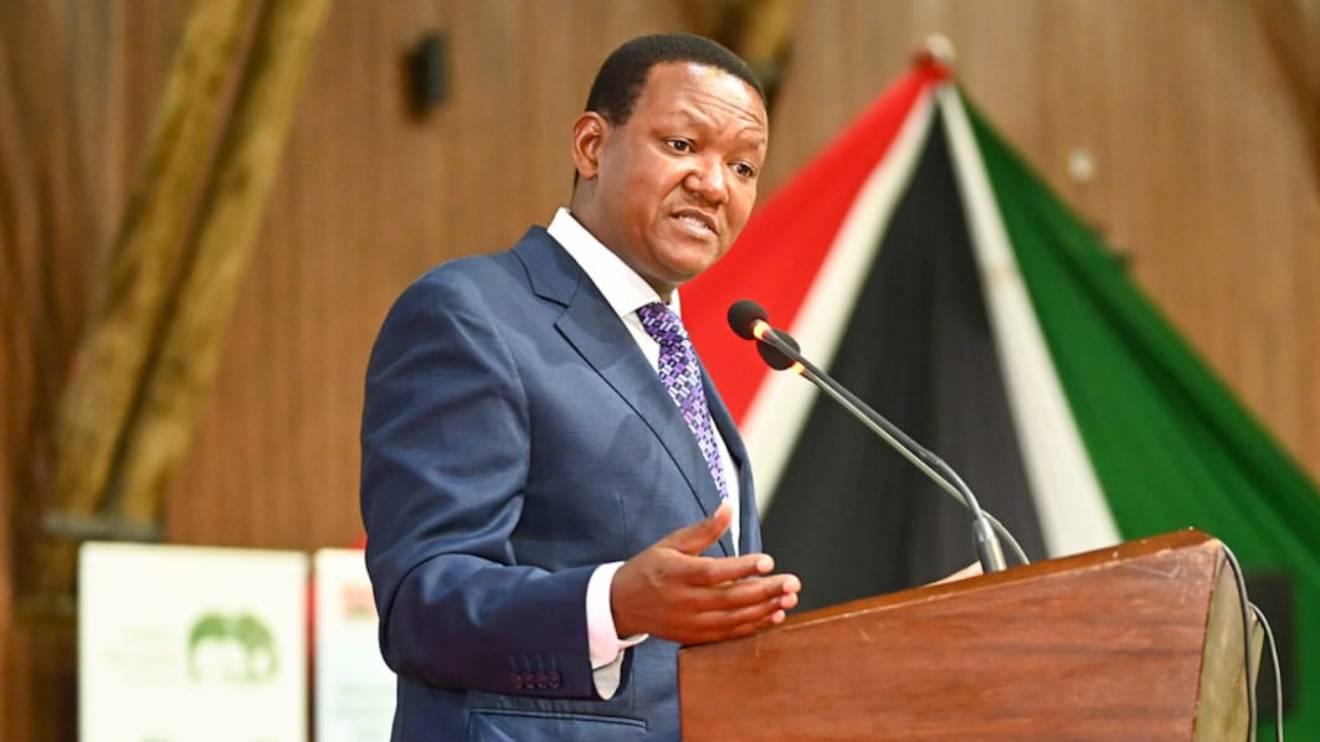In a decisive move to tackle the enduring challenge of human-wildlife conflict, Kenya's Ministry of Tourism and Wildlife unveiled a comprehensive plan on Tuesday at the Bomas of Kenya.
This initiative, spearheaded by Tourism Cabinet Secretary Dr. Alfred Mutua, prioritizes a data-driven approach to conflict resolution, fosters local community engagement, and lays the groundwork for sustainable resource management.
Shifting from reactive to proactive: Acknowledging the economic complexities allegedly inherited by the current administration, Mutua emphasized the government's commitment to long-term prosperity.
He likened the initial economic measures to preparing the land for cultivation, stating, "President William Ruto had to clear the Kenyan farm and ready it for planting when he took power. He has now planted and weeding is currently underway. Kenyans should be patient as we wait for the harvest."
At the heart of the plan lies a paradigm shift in human-wildlife conflict management.
Read More
Recognizing the limitations of the existing manual system, the ministry is piloting a digital claims administrator in six conflict-prone counties including Narok, Kajiado, Taita Taveta, Meru, Baringo and Laikipia.
This platform, a central pillar of the initiative, will streamline data collection, expedite claim processing, and ensure transparent and efficient compensation for affected communities.
So far, the Government has paid out Sh908 million for compensation for human-wildlife conflicts in the financial year 2023/2024 and will soon start to pay out another Sh950 million for the financial year 2023/2024.
Empowering communities, building resilience: Beyond compensation, the initiative prioritizes community involvement, recognizing that successful conservation hinges on local well-being.
The government has allocated 500 million shillings in the current financial year for water and road infrastructure within conservancies.
This investment aims to foster resilience, improve livelihoods, and cultivate a sense of shared ownership over wildlife resources.
Holistic vision for the future: The plan extends beyond immediate concerns, embracing a long-term vision for sustainable resource management.
The ministry is actively collaborating on the development of an integrated natural resource management policy, fostering a broad-based stakeholder dialogue for responsible resource utilization.
Additionally, the Wildlife Conservation and Management Bill 2024 will undergo public participation, paving the way for a legal framework that addresses contemporary challenges effectively.
"We are also soon embarking on the public participation process of the Wildlife Conservation and Management Bill 2024. The bill, once enacted into law, will replace the Wildlife Conservation and Management Bill 2013, which had many gaps and challenges," Mutua disclosed
This multifaceted plan signifies a significant departure from traditional approaches to human-wildlife conflict.
By prioritizing a data-driven platform, empowering communities, and embracing a holistic vision for the future, Kenya offers a roadmap for a future where humans and wildlife can co-exist in harmony.












